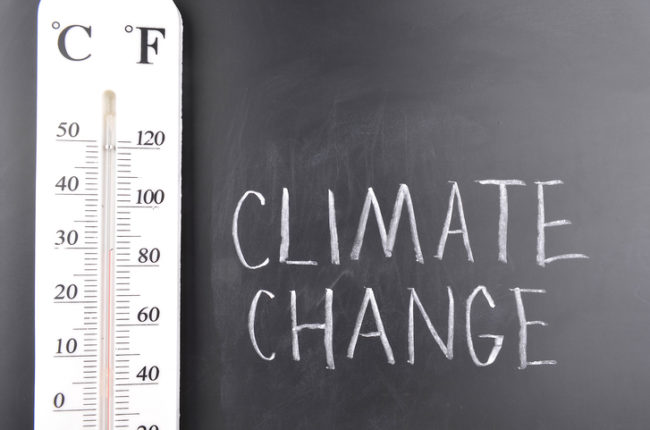In 2007, the Oregon legislature instituted a program designed to reduce the state’s greenhouse emissions to at least 10 percent lower than 2010 levels by 2025. The Oregon Clean Fuels Program uses a cap-and-trade scheme that attributes a carbon intensity value to transportation fuels produced or imported into Oregon. Regulated parties must keep the average carbon intensity of all transportation fuels used in Oregon below an annual limit. A fuel with a carbon intensity below the limit generates a credit, and one with a carbon …
Continue Reading







